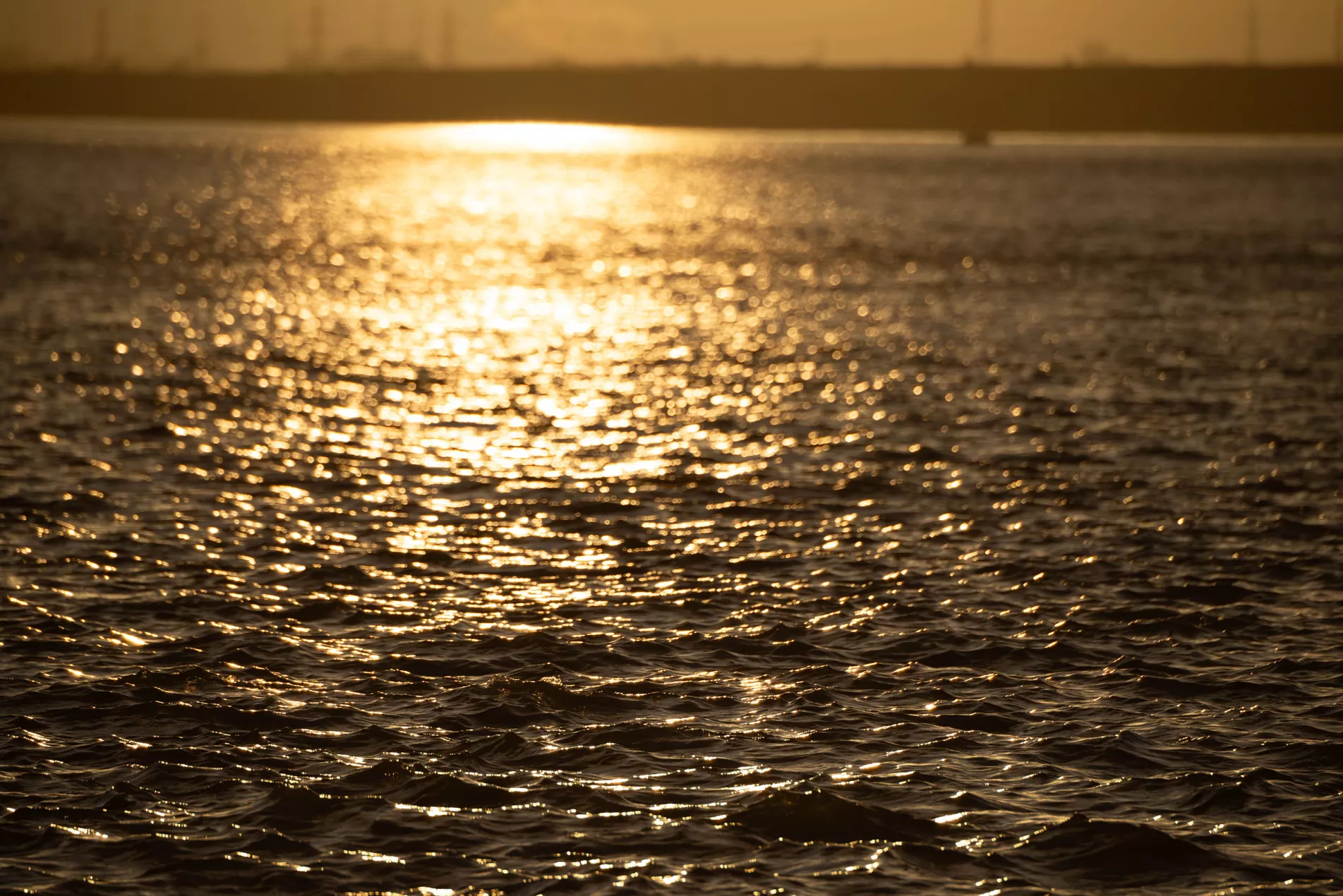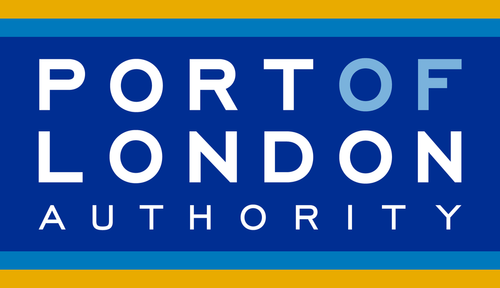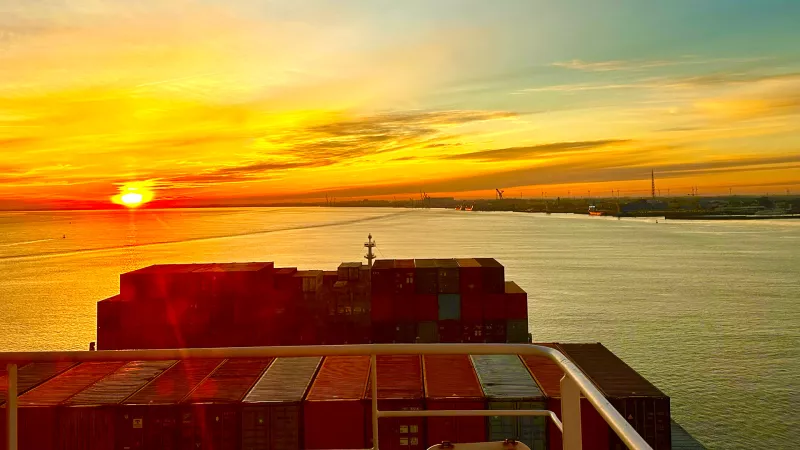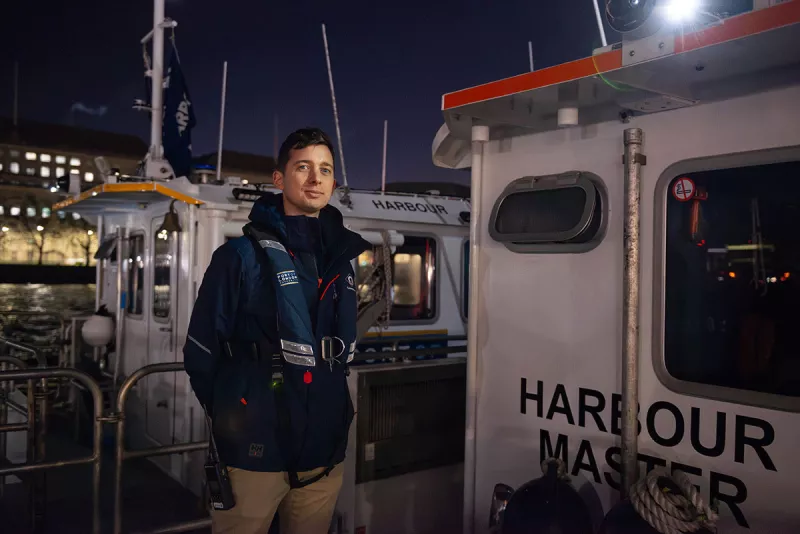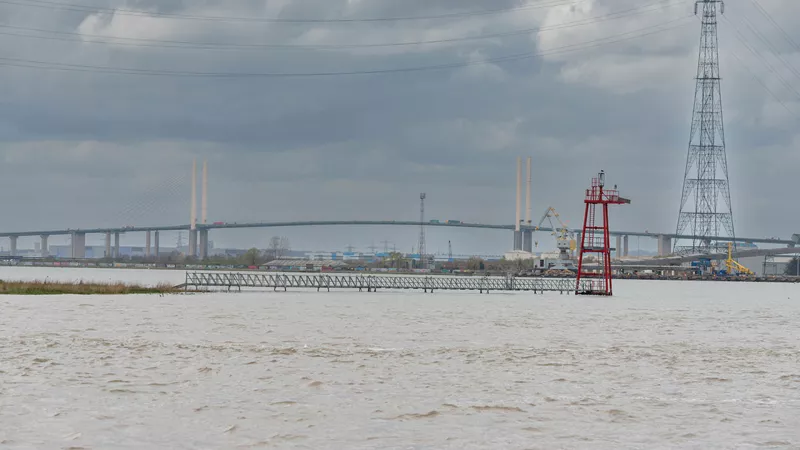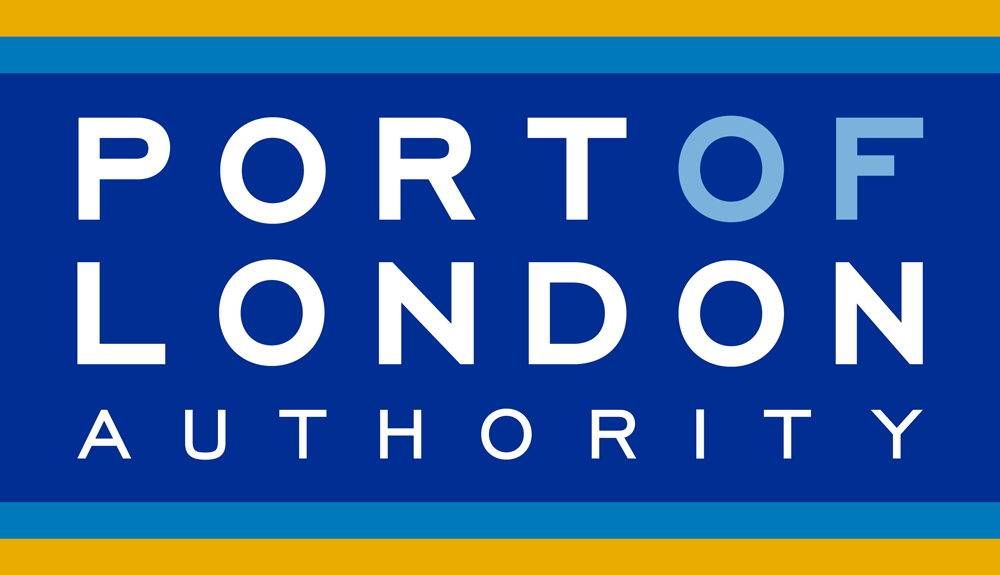Live Tides
NOTICES TO MARINERS
Charts & Surveys

Incident reporting
Life-threatening emergencies on the river:
Call 999 and ask for the Coastguard
For near miss, safety observations and incident reporting click below
A fond farewell
Debbie Leach
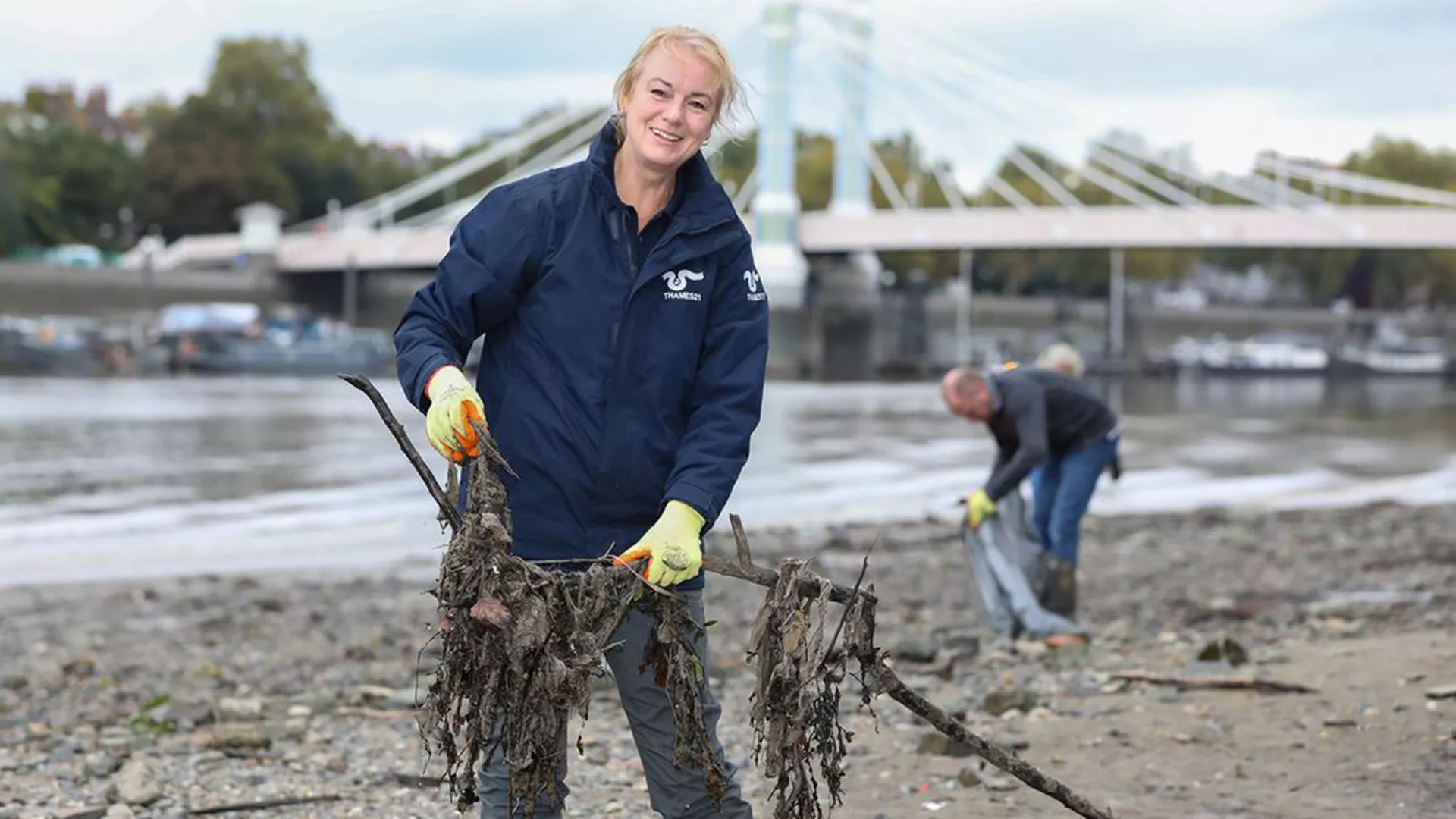
After almost two decades at the helm of Thames21, Debbie Leach is heading to Devon for a new challenge, but London’s river will always have a special place in her heart.
Lasting memories
“Leaving Thames21 is a great wrench!
“The charity has been the focus of my waking life since 2005. It will be difficult to leave it behind.
“Unsurprisingly, what I will remember about the last 18 years are the capital’s rivers and the people we have gathered together to stand up for them. Two individuals who particularly inspired me were the charity’s founder Celia Hensman, and Michael Hamilton, who steered the charity through the pandemic as Chairman.
“Both are sadly no longer with us, but their strengths and values are still to be seen in everything that Thames21 achieves and does.”
The mother of all rivers
“London’s greatest river, of course, is the Thames.
“But all its tributaries bring focus to the landscape too, raising our spirits and gathering wildlife and nature around them.”
Making connections
“I joined Thames21 back in May 2005, because it struck me as charity that had not only identified serious environmental problems facing a river I knew and loved as a keen rower, but also practical solutions.
“I also felt that the organisation had huge potential to harness the power of rivers to reach out to and connect people across generations and cultural backgrounds.
“It’s been my good fortune to work with dedicated, highly skilled people, all with a mutual understanding of the essential nature of rivers; people pooling their diverse skills towards a shared enthusiasm.”
Changing times
“Both the charity and the river have changed massively since 2005.
“Back then, Thames21 was a fairly small group, mainly focused on tackling the issue of urban rubbish clogging the tidal Thames and canal network in London through volunteer clean-up events.
“Thames21’s work has now evolved to also deliver sophisticated water quality monitoring, evidencing and practical river improvement solutions, hand in hand with communities, as well as public and private sector partners.
“Via the T21 River Action Groups, for example, we train and support local people to deliver their own river improvement activity across a wide area.
“Now, Thames21 works on improving the wider health and sustainability of the river through a range of technical specialisms, from river restoration, to providing evidence of river pollution issues and the effectiveness of nature-based solutions to tackle them.
“The charity’s employees now total 47, but still maintain a strong team ethos.
“The board is also becoming more representative of the diverse communities we serve.
We are also increasingly using the evidence the charity collects on the issues affecting the river to press for effective long-term government action.”
Progress to be proud of
“The river has also changed greatly too over the last twenty years.
“In 2005, the Thames foreshore was a general dump for rubbish, that had been built up, literally over centuries.
“Today, much of it has gone for good, thanks to thousands of Thames21 volunteers, clearing away litter and debris of all shapes and sizes from supermarket trollies and bikes, to cotton buds and crisp bags.
“The foreshore at the Isle of Dogs, for example, used to be carpeted by single-use carrier bags.
"Today, it has been transformed, thanks to Thames21 volunteers, removing the bags, year after year.
“The PLA’s Michael Russell and the Driftwood crew have provided amazing practical support for the river clean-ups – it is such a great partnership.
“We also campaigned hard with other NGOs for the introduction of a charge for single-use carrier bags, which has made a big difference.
“The photographs showing the change over time are striking.”
Plastic peril
“Unfortunately, other aspects of the river have changed for the worse.
“Single-use plastic has exploded as part of our daily lives and much of it is finding its way into nature along river systems.
“Wet wipes through sewage overflows, food wrappers, plastic drink bottles and a host of other items are accumulating in the river faster than Thames21’s volunteers can clear them.
“Other river pollution, whether it is oils and heavy metals, or increasingly heavy traffic and sewage overflows have also worsened.”
Solutions
“Happily, the levels of sewage pollution in the tidal Thames will reduce hugely with completion of the Thames Tideway Tunnel, due in 2025.
“It will make a huge difference to the health of the tidal Thames, supporting its wildlife and ecology and making it a vibrant resource for people too.
“I am proud that Thames21 chaired a coalition of NGOs that supported the project from the outset.
“Initially, the project provoked much controversy at local community level.
“I am reliably informed that Thames21 provided decision-makers with the confidence to go ahead with the project.
“Thames21 is now producing baseline surveys and will help evidence the impact of the ‘super sewer’ Thames Tideway Tunnel, by measuring the remaining levels of sewage related litter in the river.
"The need for litter picks - to survey, monitor and clear away rubbish in the river - will continue.”
Blown away
“Increasingly, the most common items of litter found now in the river relate to on-the-go food.
“It is not there because it has been flushed down the loo. It has been dropped in our streets, along our riversides, or come from overflowing rubbish bins.
“Thames21 will, I know. continue to monitor this issue and press for change as a matter of urgency.”
24-hour prime minster
“If I were in charge of the government for a day, I’d be so busy.
“I would enforce, strengthen, and where necessary bring in new legislation to make it standard for all engineering works in our cities to reduce significantly the extent to which the urban ground that they are working on has been ‘water-proofed’.
“At present, the spread of hard surfaces in our towns prevents rainwater from soaking away naturally.
“Instead, it flows along hard surfaces into our already overstretched drains, flooding communities and overwhelming our river network with sewage and other pollution.
“Current initiatives to address this don’t go far enough. It’s all too tentative.
“Our cityscapes should become filled with rain gardens, roadside green spaces and planting and pocket parks which are places that rainwater can go to soak safely away, instead of affecting our rivers and communities.”
Next challenge
“As chief executive of the Dartmoor Pony Heritage Trust, I’m really looking forward to getting involved in critical land management and conservation issues, as well as climate change, the greatest challenge of our generation.
“The embodiment of Dartmoor for many, the ponies have reduced in number from over 30,000 in the 1950s to just a couple of thousand at most.
“Dartmoor and our other great moors act as hugely important ‘carbon sinks’ for the UK, sucking CO2 out of the atmosphere.
“Our moors are also crucial wild places for nature and for some of our most endangered species. Heathland is also one of the rarest habitats in Europe.
“All this means that future land management plans must be developed carefully and intelligently.”
A safe pair of hands
“Chris Coode, my successor, and former deputy at Thames21, has an exciting, testing and rewarding time ahead of him.
“The experience he has gained at the charity for many years will stand him in very good stead.
“I have full confidence that Chris and the team have all the skills, dedication and motivation to take Thames21 from strength to strength in the years ahead.”
Quick fire
- Other hobbies? Dragon-boating, sailing, gardening, hiking
- The river in three words? Charismatic, ever-changing, inspirational.
- Best Thames watering hole and favourite view of the river? The Dove at Hammersmith. I can’t give a favourite Thames view, it feels too much like choosing a favourite child!
Related content
Discover
